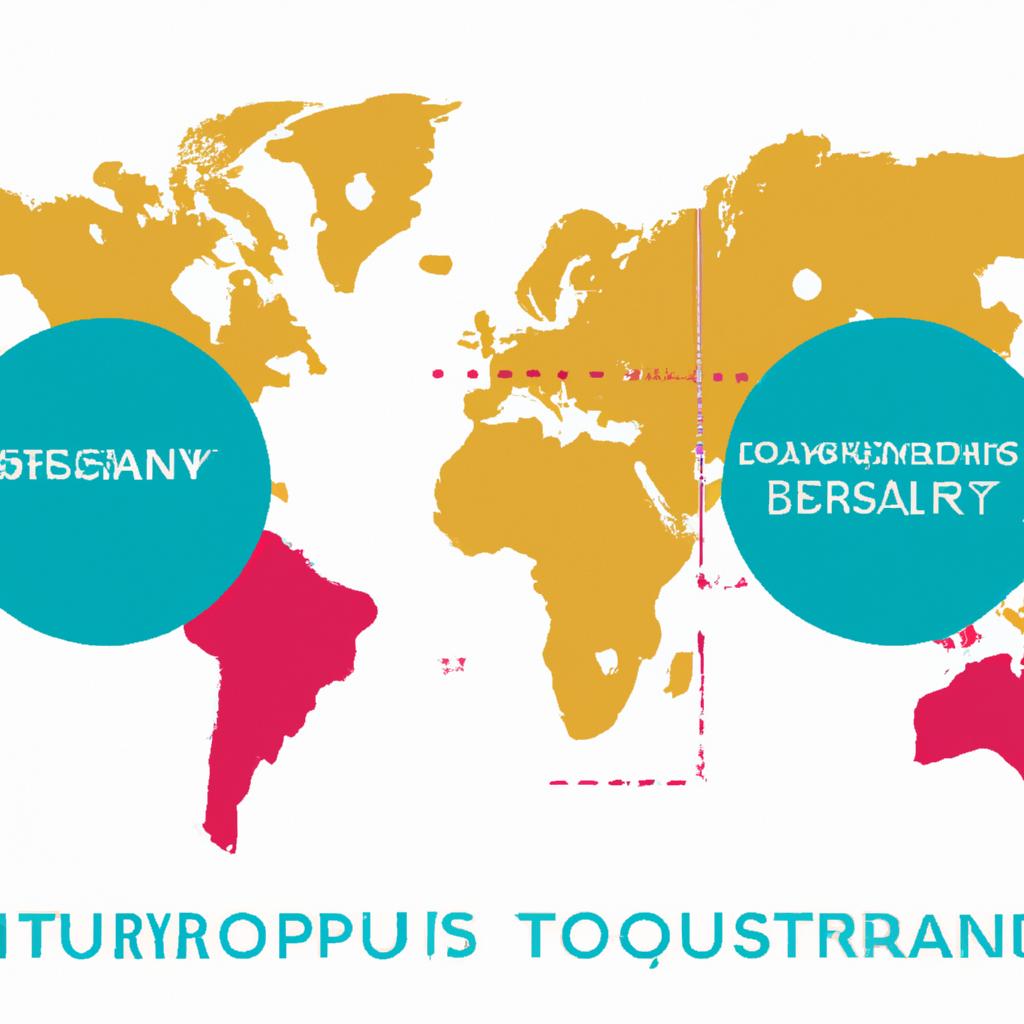In today’s highly interconnected market, where brands are competing not just for attention but also for trust, the nuances of brand integrity have never been more critical. As businesses expand their footprint, often crossing geographical and regulatory boundaries, the importance of adhering to zip code protection rules emerges as a crucial pillar of brand stewardship. These regulations serve not only as a safeguard against unauthorized distribution and trademark misuse but also as a framework for maintaining the credibility of a brand’s identity within its intended market. This article delves into the essential role that zip code protection plays in preserving brand integrity, exploring how respectful compliance with these rules can bolster consumer trust and foster long-term loyalty. Join us as we unravel the intricacies of this often-overlooked aspect of brand management and underscore its significance in today’s dynamic business environment.
Promoting Fair Competition Through Zip Code Protection
In the competitive landscape of business, the adherence to regulations regarding zip code protection is essential for maintaining a level playing field among all market participants. By respecting these boundaries, companies not only uphold their **brand integrity** but also foster a culture of **fair competition**. When businesses operate within designated areas, they are able to cultivate trust and loyalty among their customer base, ensuring that investments in marketing and customer service yield fruitful results. Ignoring zip code protection guidelines can lead to confusion and resentment among consumers, as well as undermine the efforts of compliant businesses striving to build strong community ties.
Moreover, implementing effective zip code protection strategies enables companies to concentrate their resources on enhancing **customer experiences** and optimizing service delivery. By defining clear operational zones, businesses can avoid unnecessary conflicts and focus on developing localized marketing initiatives. A few benefits of strict adherence to zip code protection include:
- Strengthened brand reputation: Aligning with regulations helps avoid negative perceptions.
- Consumer confidence: Customers prefer dealing with brands that respect their community.
- Increased collaboration: Businesses can partner with nearby companies for mutually beneficial promotions.
Fostering an environment where zip code protection is taken seriously not only enhances business relations but also enriches the communities businesses serve. When companies engage stakeholders and ensure compliance with regulations, they contribute to a vibrant marketplace where both opportunity and ethical conduct thrive.

Understanding the Impact of Geographic Boundaries on Brand Trust
Geographic boundaries play a crucial role in shaping consumer perceptions and trust in brands. When companies neglect these boundaries, they risk alienating their audience, which can lead to significant reputational damage. Understanding local customs, demographics, and preferences is essential for fostering a sense of connection between a brand and its consumers. By respecting local zip code protections, brands can create targeted marketing strategies that resonate with specific communities, thereby enhancing customer loyalty and trust. This can be achieved by emphasizing localized content, engaging with community events, and tailoring products to meet the unique needs of regional markets.
Moreover, adhering to zip code protection rules empowers brands to mitigate risks associated with misuse of consumer data and unfair competition. Companies should prioritize building **transparency** and **accountability** in their operations by ensuring that their marketing efforts do not infringe on the privacy or preferences of consumers in specific regions. An effective way to gauge the success of these strategies is to track local engagement and customer satisfaction metrics. Here’s a simple table demonstrating potential benefits of geographic consideration in branding:
| Benefit | Description |
|---|---|
| Increased Loyalty | Customers feel valued when brands cater to their local context. |
| Enhanced Reputation | Respecting local boundaries mitigates backlash and promotes trust. |
| Effective Communication | Localized marketing strategies improve message resonance. |

Implementing Best Practices for Compliance and Brand Integrity
Establishing and maintaining strong compliance measures is essential for any organization aiming to uphold its brand integrity. **Understanding and adhering to zip code protection rules** is a crucial component of this process. Companies must ensure they are not only aware of the specific regulations in their industry but also that they actively monitor their adherence. This proactive approach includes regular audits, employee training sessions, and implementing an effective compliance management system. By investing in these practices, businesses not only safeguard themselves against legal repercussions but also reinforce their brand’s trustworthiness in the eyes of consumers.
To complement compliance efforts, companies should focus on cultivating a culture that values integrity and transparency. This culture can be fostered through initiatives such as:
- Establishing clear communication channels for reporting violations
- Encouraging employee participation in compliance programs
- Regularly updating staff on changes in regulations
Additionally, organizations may consider the implementation of a tracking system to monitor compliance effectiveness. Below is an example of a simple tracking table that can serve as a tool for compliance maintenance:
| Compliance Area | Status | Responsible Team |
|---|---|---|
| Zip Code Regulation Adherence | On Track | Legal Team |
| Employee Training Sessions | Scheduled | HR Department |
| Regulation Updates | Pending Review | Compliance Office |
To Conclude
safeguarding brand integrity is a multifaceted endeavor that demands vigilance, understanding, and adherence to established zip code protection rules. As businesses navigate the complexities of market presence and regional identity, recognizing the value of these regulations becomes essential. By respecting these boundaries, brands not only uphold their reputation but also foster trust and loyalty among their consumers. In an age where information travels faster than ever and brand perception can be swiftly altered, a commitment to compliance and ethical practices is not just advisable; it is indispensable. As we move forward, let us embrace the principles of fair play in commerce, ensuring that every step taken strengthens brand integrity while honoring the diverse communities we serve.
